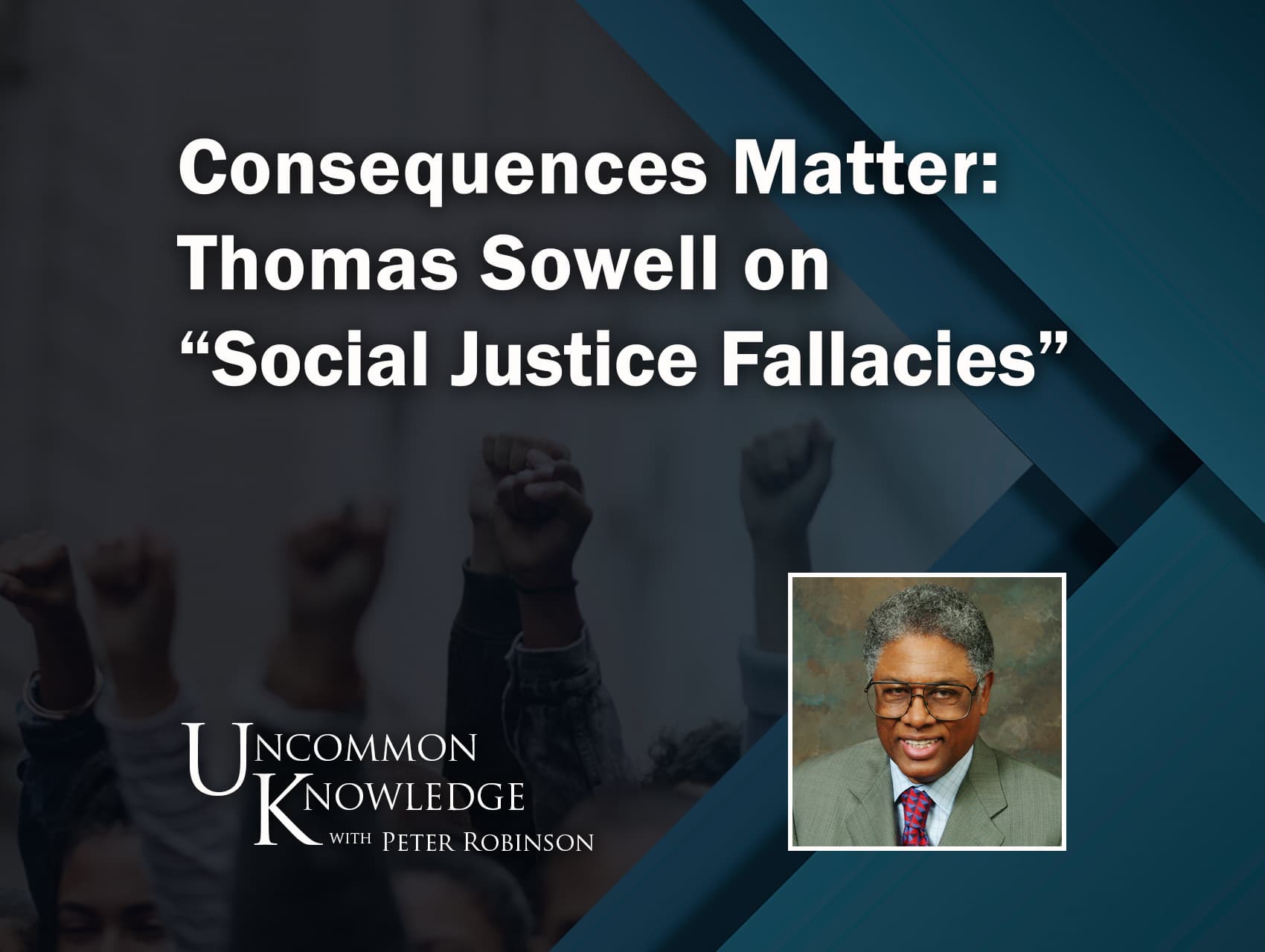Sowell: Public Often "Played for Fools" by Political Rhetoric, Citing Obama Era

Conservative intellectual Thomas Sowell has articulated a long-standing critique of political discourse, asserting that "One of the reasons it has taken so long for some people to finally see through Barack Obama is that people do not like to admit, even to themselves, that they have been played for fools by a slick-talking politician." The syndicated columnist and senior fellow at the Hoover Institution has consistently emphasized the public's susceptibility to persuasive rhetoric over empirical evidence, a theme he applied directly to the Obama presidency.
Sowell's philosophy centers on the distinction between "what sounds good and what works," often expressing concern that voters are easily swayed by appealing narratives rather than tangible results. He has frequently highlighted what he perceives as a lack of critical scrutiny among the electorate, making them vulnerable to "political charlatans" who prioritize rhetoric over substance. This perspective underpins his broader skepticism of government interventions and policies that he believes are driven by ideology rather than practical outcomes.
Throughout Obama's two terms, Sowell frequently criticized the administration for what he saw as a disconnect between its stated goals and actual policy effects. He argued that Obama's "balanced approach" rhetoric often masked policies that were, in Sowell's view, detrimental. Sowell also critiqued the "nanny state" tendencies of the Obama administration, suggesting that such policies undermined individual responsibility and created dependency.
According to Sowell, the "magic of rhetoric" allows politicians to distract from the realities of their actions. He contended that many voters, particularly those less informed, are prone to electing leaders based on "racial symbolism, glib rhetoric and wishful thinking." Sowell maintained that this dynamic was evident in the public's perception of Obama, where a "carefully crafted image" often overshadowed a record that, to Sowell, demonstrated a clear divergence between rhetoric and action.